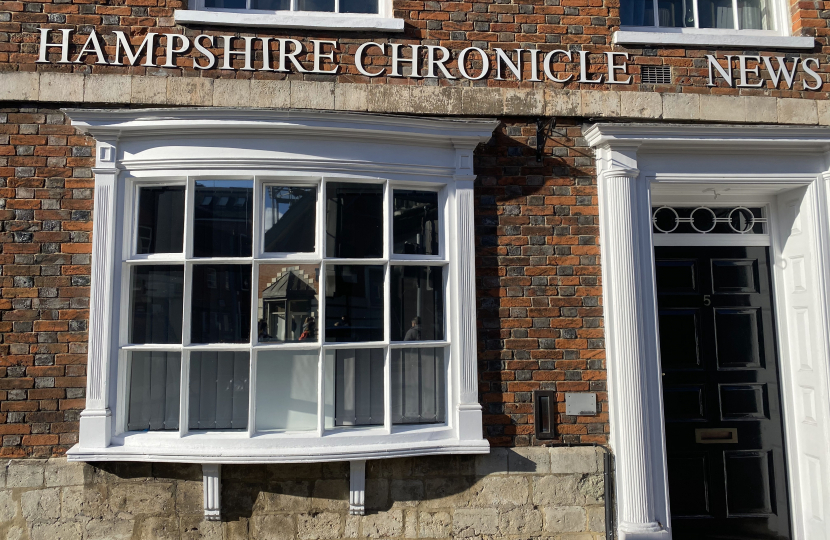
Last month, I promised constituents an initial response to the Spring Budget via my website and a more comprehensive report this month.
Jeremy Hunt’s statement to the Commons wasn’t exciting and there were no rabbits from hats. Exactly the point.
At the Autumn Statement, the government took some difficult decisions on tax and spending to restore economic stability, support public services and lay the foundations for long-term growth.
This Budget builds on these foundations, with a plan to deliver on three of the PM’s five priorities: halve inflation, grow the economy, and reduce national debt.
Inflation is dangerous so I was cheered to hear it is forecast to reduce to 2.9% by the end of 2023. The Independent Office for Budget Responsibility now expect inflation to return to the 2% target by the end of the forecast.
Growing the economy is critical and the OBR revised up GDP in every year of the forecast meaning they are no longer forecasting a recession.
And reducing national debt is key if we’re to invest in our public services (and those they employ) so borrowing is also falling in every year of the forecast is good news.
Furthermore, the main pillars of the strategy to deliver long-term sustainable growth are sensibly built around enterprise, employment and education.
There was a lot in the Budget to support competitiveness and incentivise business investment, around reforming capital allowances and tax reliefs to support our world leading creative industries, but I especially liked new support for critical green technologies.
Launching Great British Nuclear and making available up to £20 billion for Carbon Capture technologies caught my eye as did extending the Climate Change Agreement Scheme for a further two years.
These don’t sound exciting but they’re important agreements made between UK industry and the Environment Agency to reduce energy use and CO2 emissions.
Turning to employment and it’s obvious businesses can only grow if they are able to employ the staff they need.
We must address post-pandemic inactivity and ensure that work is attractive and accessible. We want people to enjoy the social and wellbeing benefits of work plus support economic growth.
As chair of the all-party group on childcare and early education, I am scrutinising this Budget carefully; in particular the moves to support parents who want to work by delivering 30 hours free childcare for eligible working parents of children from 9 months to 3 years.
This will close the gap between parental leave finishing and the current free hours childcare offer beginning. That means eligible parents can access free childcare support from government all the way until children start school but I am telling Ministers we have a supply side problem with settings closing that could scupper the policy if they’re not careful.
To support delivery of such, the government will provide £204 million from September, followed by increases each year after, to uplift the funding rate for the existing childcare offers but I am not convinced we won’t see further closures.
The many other labour supply changes announced are welcome but I know the move to support older workers by abolishing the Lifetime Allowance for pensions is something many locally – especially senior doctors working in the NHS - will be warmly welcome.
Finally, on cost of living and public services, the government is maintaining the vital Energy Price Guarantee at £2,500 for a further three months from April. Good.
We should continue to take a responsible and disciplined approach to public spending, whilst supporting vulnerable people and protecting vital public services. This Budget does that and it’s why I supported it in Parliament.

